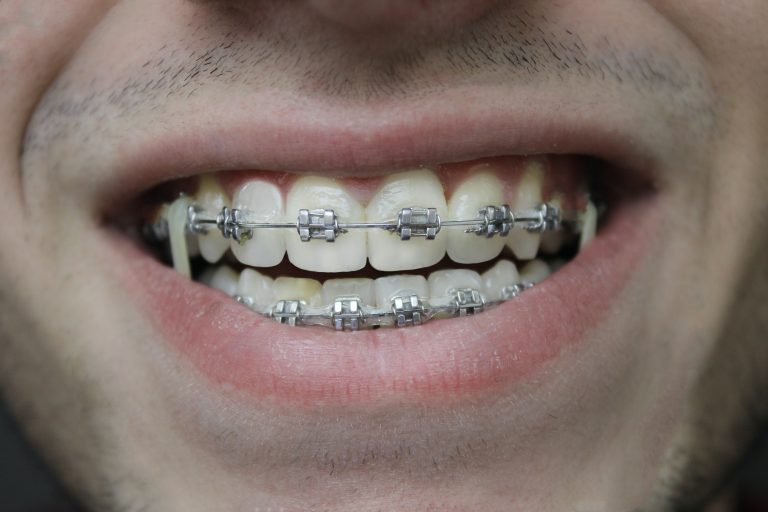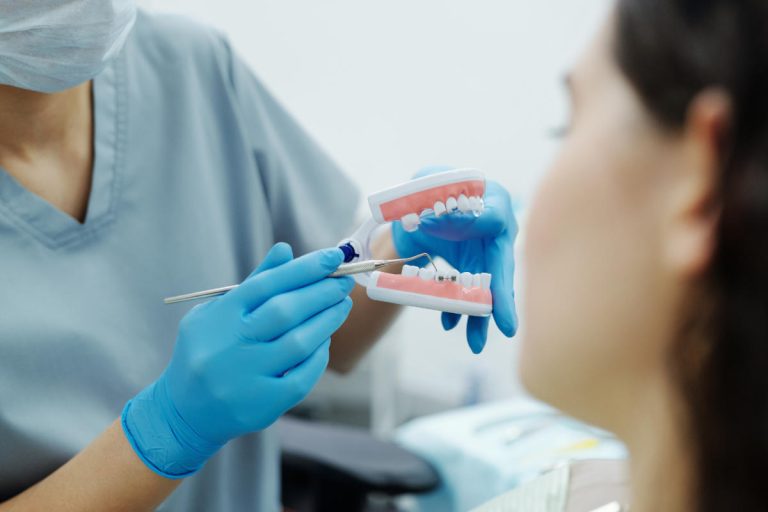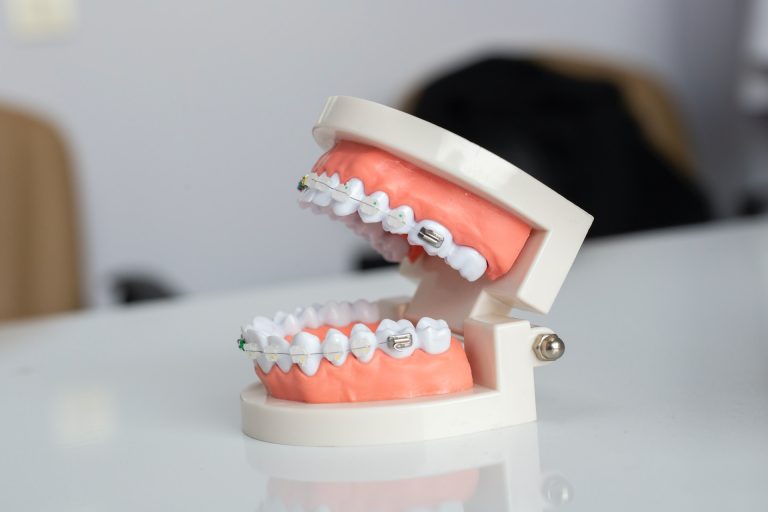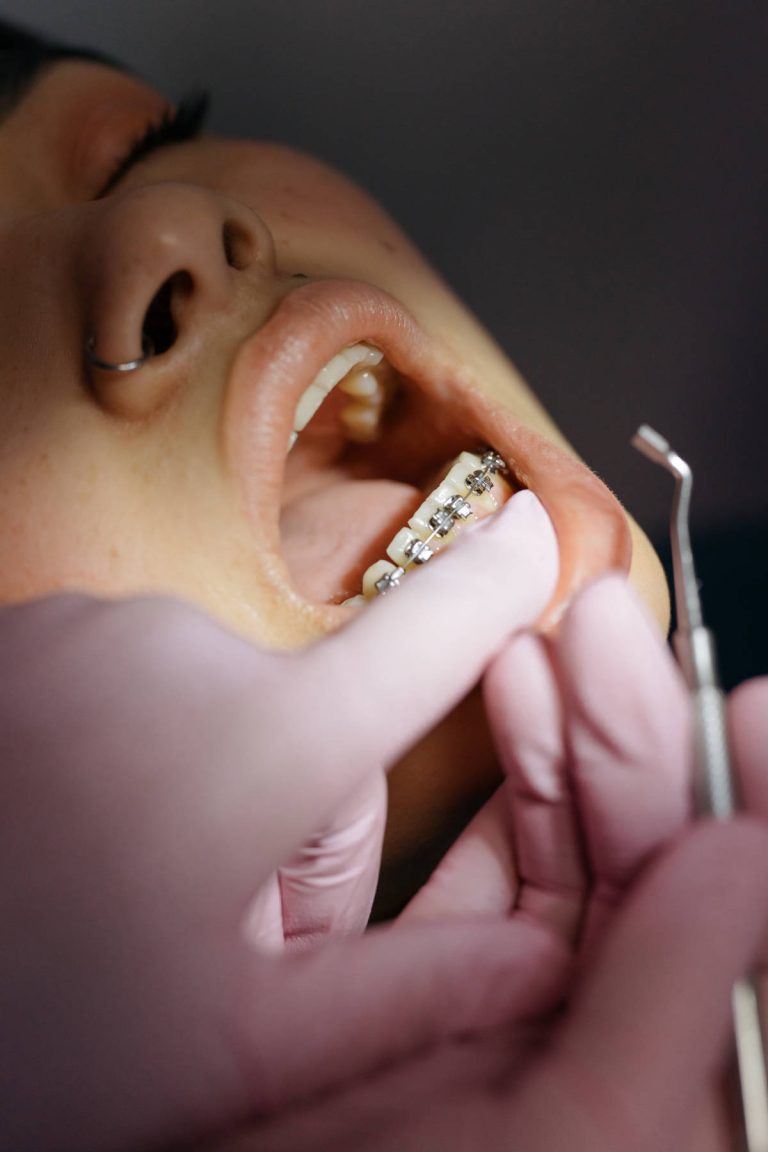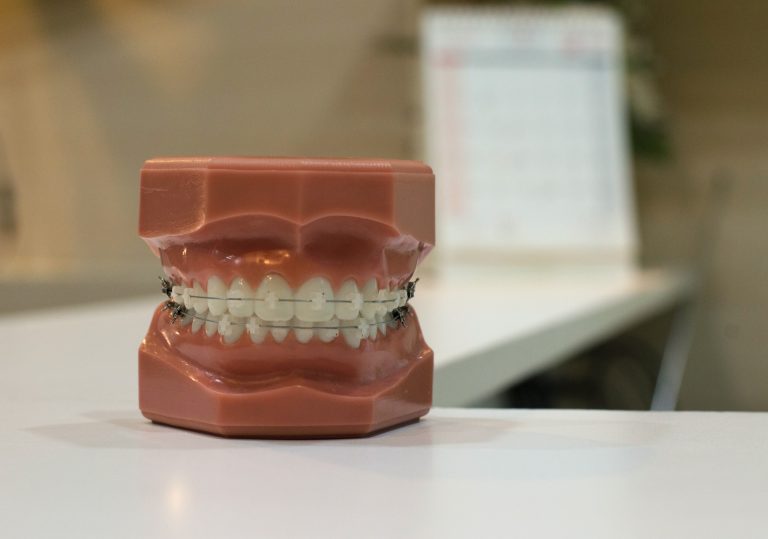Taking good care of your teeth and gums can result in more than just a pretty smile.
Have you ever wondered why some people’s breath has no distinctive smell, while others cause you to quickly but subtly pull back when they talk to you up close?
It might be all too simple to assume that someone’s bad breath is related to their diet, and in some cases, this can be true. Most cases of bad breath that develop in this way are temporary, but for other people, having bad breath can be a chronic issue.
We provide some ideas on the causes of bad breath and how can this be changed.
Food that may cause bad breath
There is no escaping the reality that some foods leave the breath smelling fairly bad. Garlic is undoubtedly the most well-known of these. If you consume too much garlic, you might find that people avoid you at gatherings even if it might be fantastic for fighting off vampires! The source of temporary bad breath can come from a variety of foods, not just garlic. Some of the worst food that causes bad breath include those listed below:
- Garlic
- Spicy food
- Onions
- Tobacco products
- Canned fish
- Coffee
- Alcoholic drinks
Of course, this is not a full list, but it could be a good idea to stay away from them when going to a social event. You can check our blog titled 8 Foods That Can Make You Have A Bad Breath for more information.
Breath Fresheners
While a breath freshener like mints or chewing gums can help to reduce the odour of your breath, particularly when it is brought on by food, they may also offer those who have chronically terrible breath a false sense of security. Advice from a dentist should be sought in this situation.
Consult a Dentist if you want to get rid of Bad Breath
The truth is that there is a good chance that poor oral hygiene is to blame if your bad breath persists even after you avoid food that could contribute to it. Gum disease, also known as halitosis, is a common cause of bad breath that all too frequently goes unnoticed in people who don’t visit their dentist on a regular basis for checkups. The truth is that gum disease is a serious problem that, if not detected and treated right away, can result in tooth loss. Although not always, it can have a variety of negative effects. You should always see us for a checkup every six months for this reason.
So what actually produces the smell? The amount of harmful bacteria in our mouth rises when we develop severe gum disease, and these germs eventually attack our gums and teeth. They achieve this by releasing sulphurous fumes, which can have a bad odour. The only solution is to get the amount of germs down to a healthy level.
Gum Disease Treatment
There are three methods for treating gum disease. Depending on how badly affected your gums are, you’ll need to do one or the other. The first method might not be enough on its own if your breath is already quite offensive, so you should seek professional guidance from one of our Glasgow dentists. The following are three potential solutions:
#1. Enhance your oral health routine at home
This often works best when the problem is not too serious, but it should also be continued after whatever treatment you receive for it. Start by making sure you brush your teeth thoroughly at least twice a day with a toothbrush with powerful bristles and fluoride toothpaste. Use mouthwash to rinse off food particles between your teeth. Also, floss between your teeth. Our hygienist at will be happy to demonstrate how to do this for you.
#2. Look for a Dental Hygienist
The dental hygienist will do a non-invasive procedure known as a scale and polish in addition to providing instruction by talking with you about how to take better care of your teeth. With this treatment, most of the dangerous bacteria like plaque that have buildup on your teeth and gum line will be taken off. Regardless of how well you brush your teeth at home, we advise having this done professionally every six months to help preserve a healthy mouth and fresh breath.
#3. Root Treatment
You shouldn’t require this treatment with better care, but for people whose gum disease has gotten worse, there may be no other option. If gum disease is not treated, the bacteria that cause it will start to attack the roots of the teeth and the supporting bone around them. In addition to developing symptoms like bleeding gums and bad breath, if you don’t get treatment, you can also notice that your teeth are becoming loose or even falling out. While root treatment can stop this, it might not always be effective. It is an invasive procedure that requires local anaesthetic and should be avoided if possible by enhancing your dental hygiene.
We recommend going to a dentist to start treating the issue if you have bad breath, especially if you have had it for a while.
